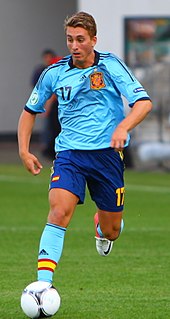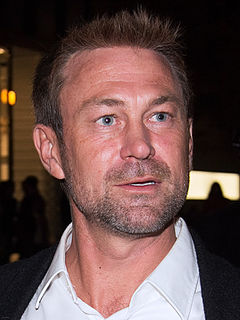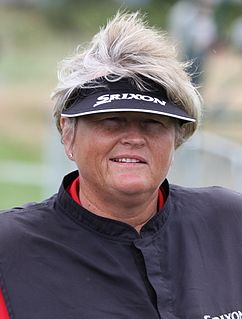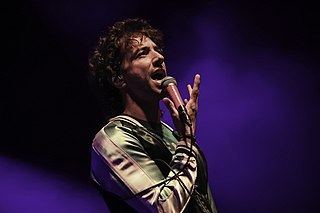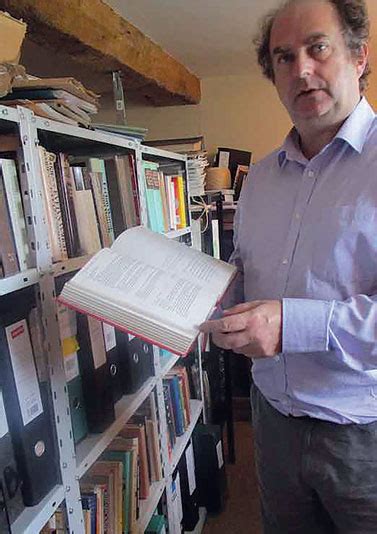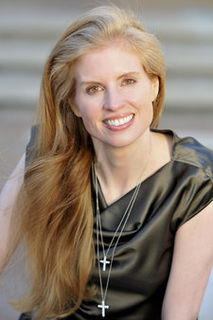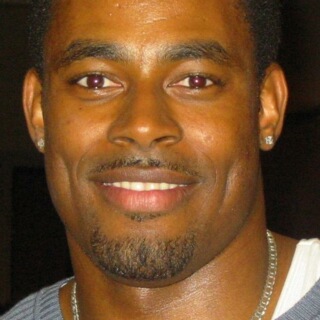A Quote by George Meyer
As a John Kerry supporter, I wanted to send him a check. But then it occurred to me that most of that money would end up in the hands of advertising agencies and television networks. And the money would be used to create deceptive commercials that flatter our point of view and shade the facts our way. And I wasn't comfortable with that. But on the other hand, that's how the game is played. You're always grappling.
Quote Topics
Advertising
Advertising Agencies
Agencies
Always
Check
Comfortable
Commercials
Create
Deceptive
End
Facts
Flatter
Game
Grappling
Hand
Hands
Him
How
John
John Kerry
Kerry
Me
Money
Most
Networks
Occurred
Other
Our
Played
Point
Point Of View
Send
Shade
Supporter
Television
Then
Up
Used
View
Wanted
Way
Would
Would Be
Related Quotes
I would a whole lot rather had Carly Fiorina over there doing our negotiation than John Kerry. Maybe we would've gotten a deal where we didn't give everything away. But the issue for us is to have a Congress that stands up and says not only no, but "Hell no" to this money going to a [Iran] regime that is going to use it for terror...
Long hair, short skirts, the girls like this image and try to make money with it. What they wear, how they behave, it's all part of the business. Television and advertising have changed a great many things. In the old days, we used to make our money on the course. Now your market value is decided elsewhere.
What I’m talking about is more than recompense for past injustices—more than a handout, a payoff, hush money, or a reluctant bribe. What I’m talking about is a national reckoning that would lead to spiritual renewal. Reparations would mean the end of scarfing hot dogs on the Fourth of July while denying the facts of our heritage. Reparations would mean the end of yelling “patriotism” while waving a Confederate flag. Reparations would mean a revolution of the American consciousness, a reconciling of our self-image as the great democratizer with the facts of our history.
My idea was you can't dress for the stage, you have to dress all the time like you're onstage. And so I would just always wear suits or some form of it. I wanted people to know I played music. That was kind of how you would find other people: you would just walk around looking a certain way and end up meeting someone who liked the way you look.
In the short walk between his aeroplane and reaching the outside world at Heathrow, Michael Bywater encountered no fewer than 93 separate notices telling him off for things he hadn't done or which hadn't even occurred to him to do. Being bossed and patronised are two sensations that most sophisticated adults would sooner do without and yet we are bossed and patronised, by the media, by politicians, by business, by advertising agencies and the public services, more now than at any other time in our history. Why should this be?
Imagine how differently American business would function were our faith in the power of goodness to replace our faith in the power of money. Huge industries would no longer make billions of dollars on activities that diminish the well-being and safety of our children, our health, and our environment, on the pretext that it's "just business." To put money before goodness is idolatry, and the laws of the universe ensure that in the end all idols will fall.
To walk in money through the night crowd, protected by money, lulled by money, dulled by money, the crowd itself a money, the breath money, no least single object anywhere that is not money. Money, money everywhere and still not enough! And then no money, or a little money, or less money, or more money but money always money. and if you have money, or you don't have money, it is the money that counts, and money makes money, but what makes money make money?
It is the spread of the good things that vindicates the whole reason we live our lives in networks. If I was always violent to you or gave you germs, you would cut the ties to me and the network would disintegrate. In a deep and fundamental way, networks are connected to goodness, and goodness is required for networks to emerge and spread.
As an actor, you're not a person; you're a product, a commodity. It's about money. Your job is about making money for other people. At some point, you learn how to be on the other side of that table. You write, direct, produce, and create opportunity for yourself. Then you start to make money for yourself.


